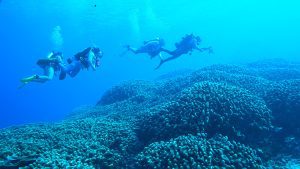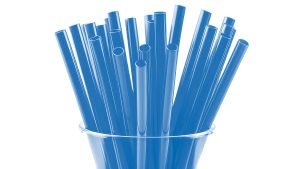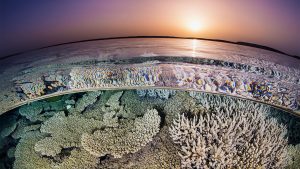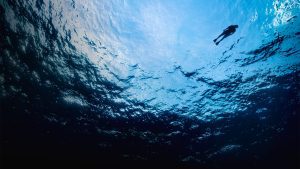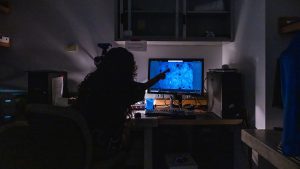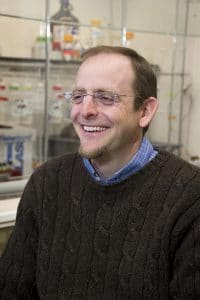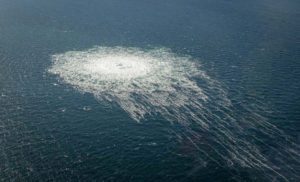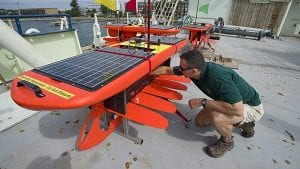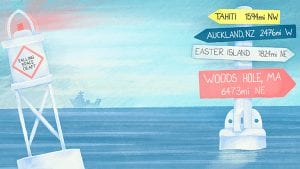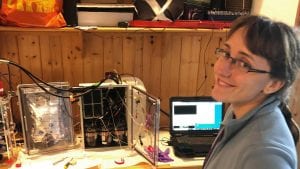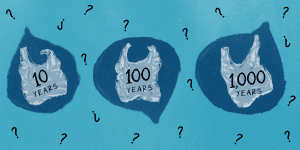Research Highlights
Oceanus Magazine
News Releases
Scientists have discovered a vast plume of iron and other micronutrients more than 1,000 km long billowing from hydrothermal vents in the South Atlantic Ocean. The finding, published online Aug. 18 in the journal Nature Geoscience, calls past estimates of…
Ten science reporters, writers, and multimedia journalists from the U.S., Canada, and India have been selected to participate in the competitive Woods Hole Oceanographic Institution (WHOI) Ocean Science Journalism Fellowship program. The program takes place September 8-13, 2013, in Woods…
Corals may let certain bacteria get under its skin, according to a new study by researchers at Woods Hole Oceanographic Institution (WHOI) and King Abdullah University of Science and Technology (KAUST) and soon to be published in the journal Applied…
Scientists have discovered a diverse multitude of microbes colonizing and thriving on flecks of plastic that have polluted the oceans—a vast new human-made flotilla of microbial communities that they have dubbed the “plastisphere.” In a study recently published online in…
Woods Hole Oceanographic Institution (WHOI) biochemist Benjamin Van Mooy has been awarded one of two inaugural fellowships at the University of Southampton in England. The Diamond Jubilee International Visiting Fellowship was established last year to commemorate the university’s 60th anniversary…

